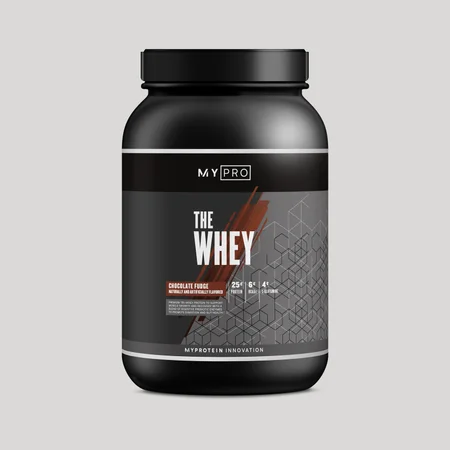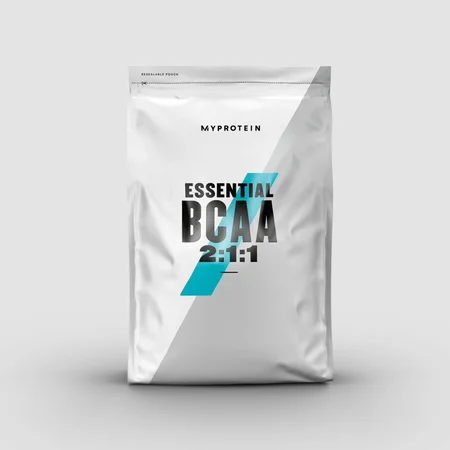
It’s that time of the year again, you’ve gained a solid ten pounds of muscle, and twenty pounds of body fat. This starts your summer off in a calorie deficit with the intention to strip all the fat away and expose all the hard work you put in during your last bulking season. But by the end of your cut it seems as if you didn’t gain any muscle at all leaving you much weaker than when you started and the same weight as you were last year at the same body fat. What happened here? You knew you gained a lot of weight in the off season and at least some of it must’ve been muscle that would show after you stripped the fat off.
Losing Weight vs Losing Fat
Most likely the problem wasn’t in your off season, the problem started when you began to eat in a calorie deficit. Most people assume when they start eating below their BMR (or Basal Metabolic Rate), they will lose fat and only fat. There is a major difference between losing weight and losing fat which is very important to understand. Losing weight includes burning fat, burning muscle, and to a lesser extent, retaining less water. Nobody can strictly lose only fat, as I will explain being below your BMR will burn fat yes, but it will also burn hard earned muscle (called catabolism).
Which leads me into another important point,
The Importance of Amino Acids

Amino acids are usually called the “building blocks of protein”, which indeed they are. All the protein we consume are broken down into hundreds of amino acids which do various things in our body from giving cells their structure, transporting and storing nutrients, maintaining various functions in our organs, glands, tendons and arteries, but most important to the topic of this article, amino acids are essential in the role of healing wounds and
Which Amino Acids Are Best?
There are hundreds of recognized amino acids, many of which our body consumes and creates. 20 amino acids are made in the body's genetic code, but nine are classified as essential amino acids because of the body’s inability to produce them; three of these are used specifically to help retain muscle mass (although there is a supplement which includes all the essential amino acids, which I wrote a separate article on). You might’ve heard of these three amino acids as
Supplementing Fat Loss

When choosing a brand of BCAAs to use make sure the label is fully disclosed, showing how much of each ingredient is included. Some brands have a 2:1:1 ratio of Leucine to Isoleucine and Valine, while others are 4:1:1, or even 8:1:1. This strategy comes from the idea that Leucine has a greater benefit than the other two in terms of effectiveness. Don’t be fooled, while Leucine has the most muscle sparing benefits, all three in a 2:1:1 ratio has been proven to have the most positive effects, while the other ratios are still untested in their efficacy. Additionally if you are sensitive to stimulants be sure to look for the presence of caffeine in your BCAA supplement, as some brands double their amino with other pre-workout ingredients. This is important to look for because some of us have no choice but to train in the evening. This isn’t a problem if your drink has only amino acids which are not stimulatory, but ingredients like caffeine or guava extract can keep you up for hours after you finish you work out.
When using amino acids to supplement your fat loss routine, focus their use while you’re in a fasted state. Most likely you’ve heard of doing fasted cardio to accelerate fat loss, while this is true you’re much more at risk of losing muscle as well. This is when a cold BCAA shake can come in handy and prevent muscle loss while you are still burning fat (and double as a tasty intra-workout drink). And the same goes for weight training; when fasted, BCAAs can help you recover from those harder sets because these is no delay between muscle breakdown and recovery. Most fasted sessions shouldn’t last more than 30 minutes to an hour, making a single 5 gram scoop (at 2:1:1 ratio) plenty to last you the entire workout.

Take Home Message
Just like every other fat loss supplement out there, you are the one that needs to do the work! You might have read this article thinking “amino acids don’t even increase fat loss!” But the truth is, no matter what a company claims, no product will help with fat loss if you aren’t in a calorie deficit, exercising correctly, and getting enough sleep. Without these factors under control you will gain fat, raise your cortisol sky high and feel terrible, no matter how many expensive supplements you buy.
Amino acids don’t directly influence fat loss but if used correctly they can make you look leaner in the end because you will have more muscle than if you didn’t supplement with them! As always, train smart, sleep like a teenager, eat for your goals and supplement when every other aspect of your fitness is on point!












